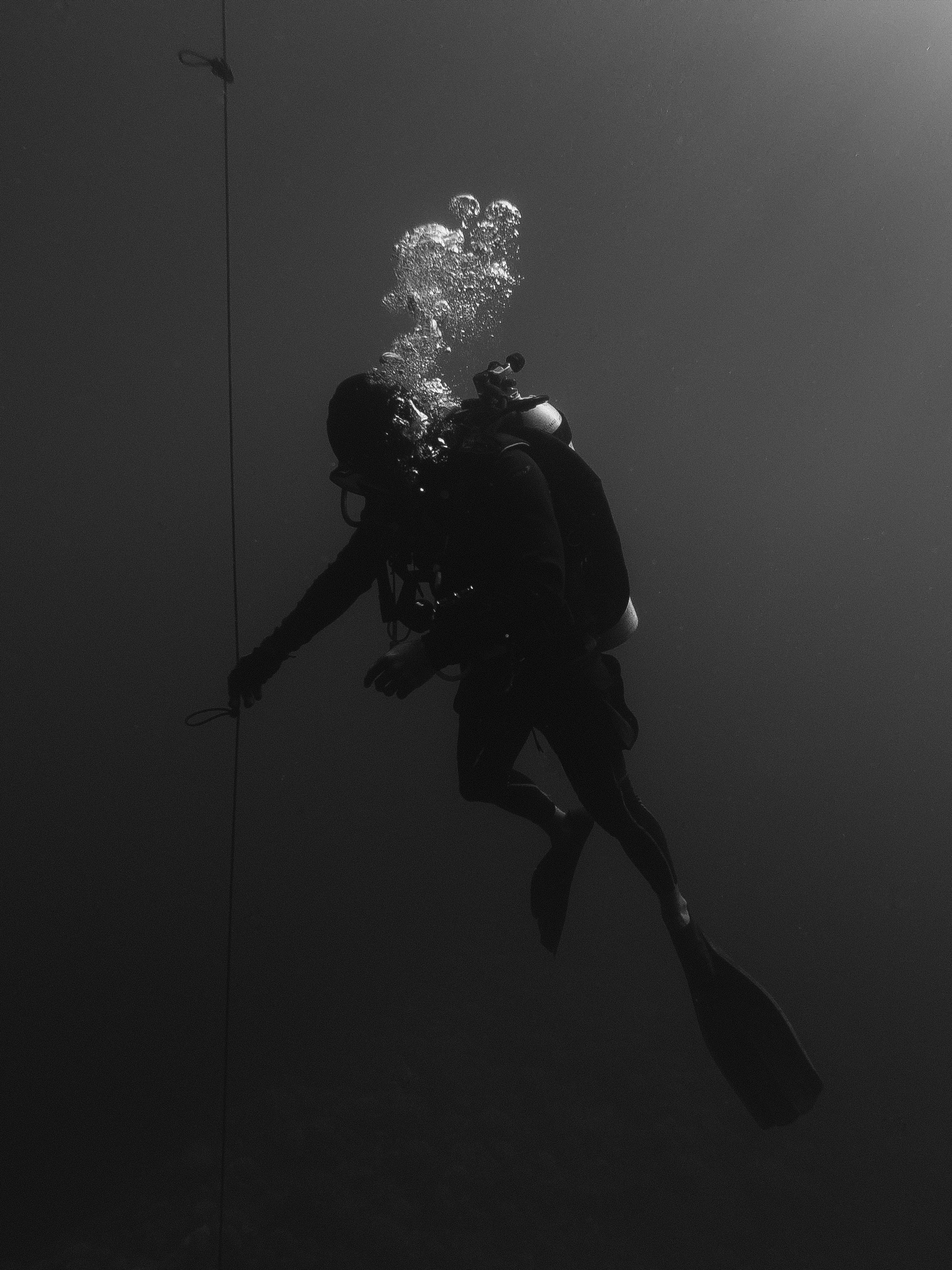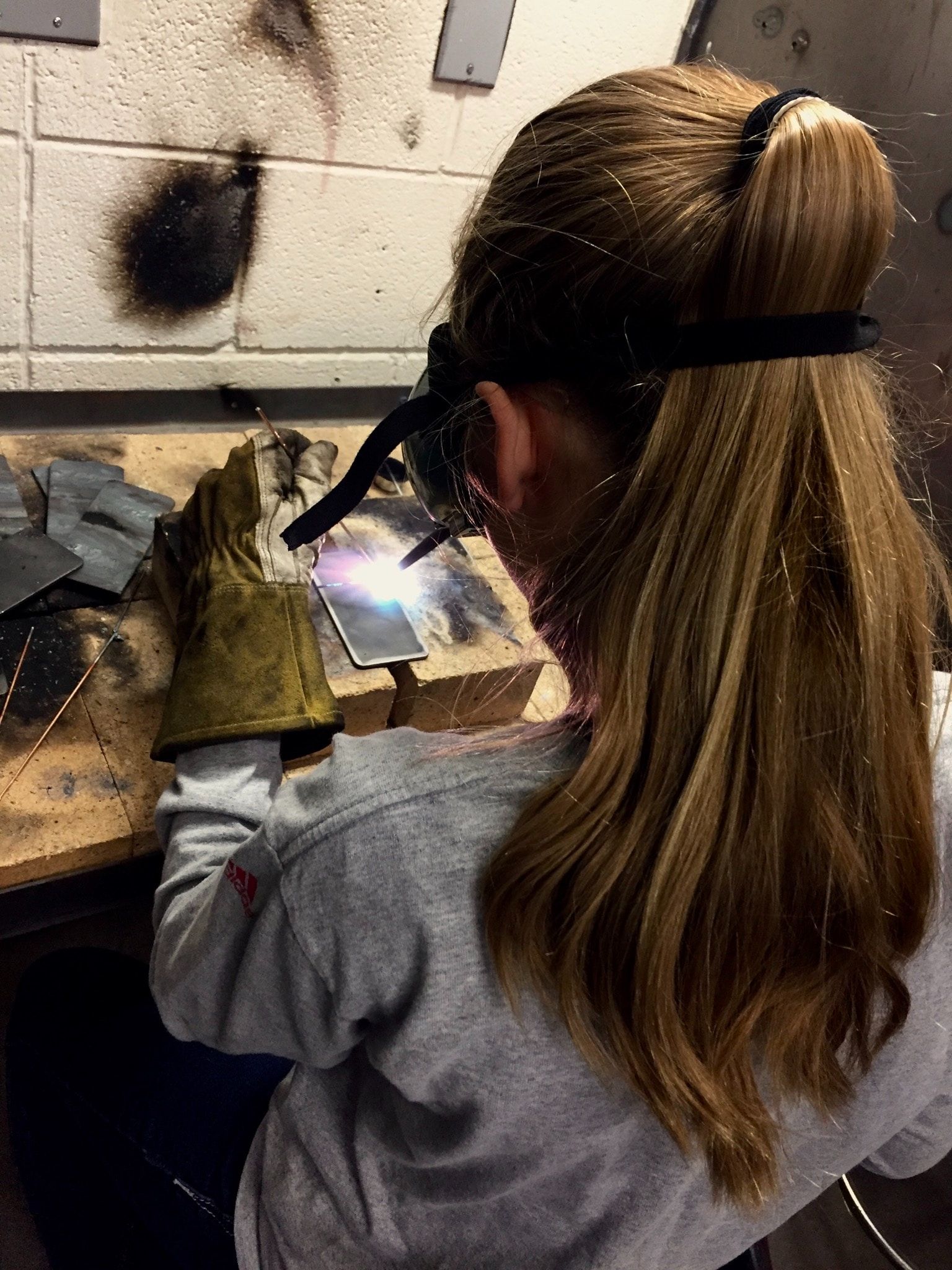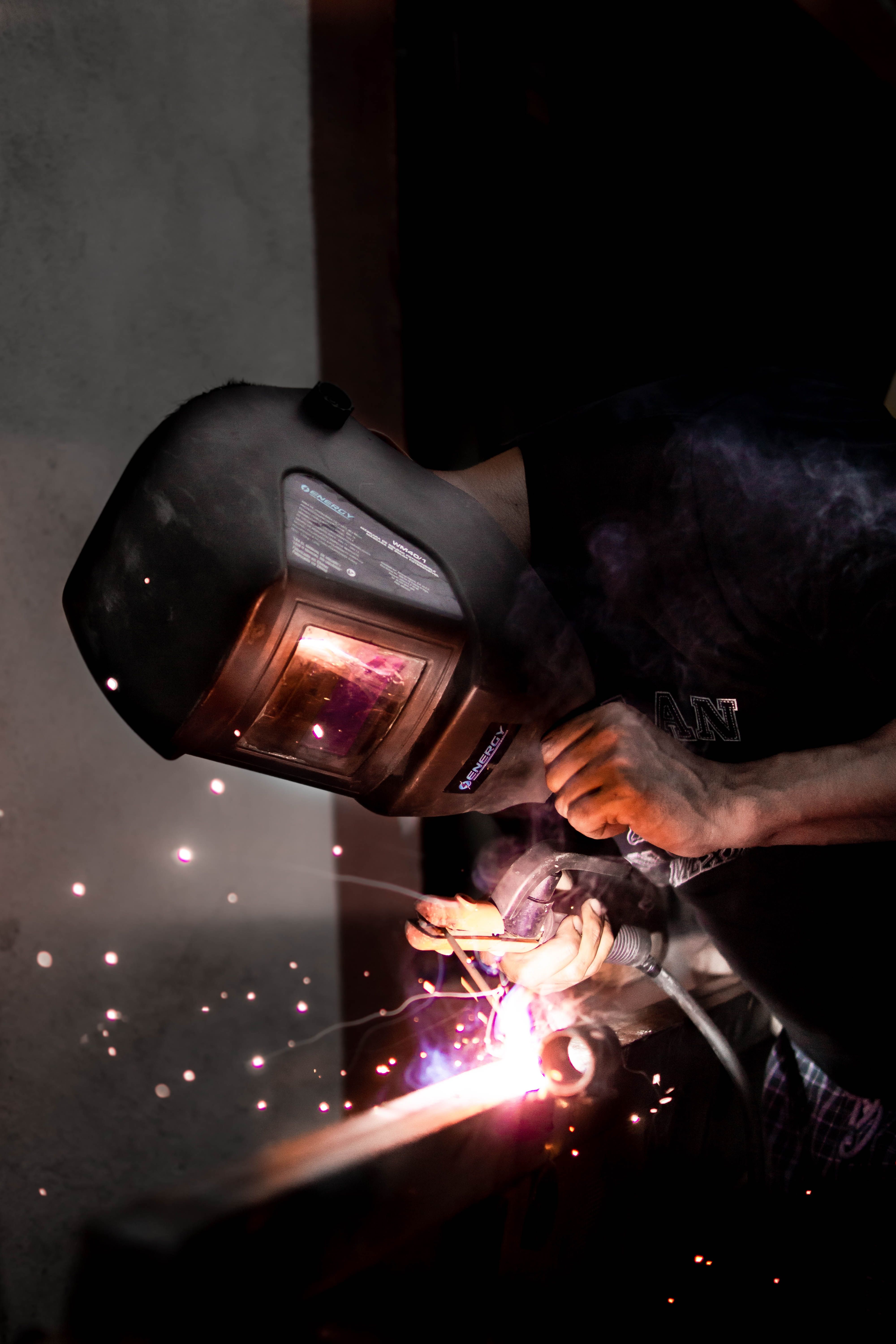Introduction
While welding itself is a skilled profession, it encompasses a wide range of specializations that cater to unique industry needs. One such specialization, underwater welding, is as intriguing as it is demanding. In this article, we will explore the fascinating world of underwater welding, shedding light on the challenges, rewards, and the critical role it plays in various sectors.
The Underwater Welding Specialization
Underwater welding, as the name suggests, involves welding in aquatic environments, typically at substantial depths. This specialized field requires welders to be proficient in both welding techniques and diving skills, making it one of the most demanding and exciting welding specializations.
The Challenges of Underwater Welding
Underwater welding presents several unique challenges:
1. Harsh Conditions: Welders must contend with high water pressure, low visibility, and unpredictable underwater currents, making the work environment harsh and potentially hazardous.
2. Diver Safety: The safety of the underwater welder is paramount. Divers must undergo rigorous training to handle the physical and psychological demands of working in the deep sea.
3. Equipment: Specialized equipment, such as dry welding chambers or wet welding equipment, is necessary for underwater welding, adding complexity to the process.
Applications of Underwater Welding
Underwater welding plays a crucial role in several industries:
1. Oil and Gas: The maintenance and repair of offshore oil rigs, pipelines, and underwater platforms are essential to ensure the continuity of oil and gas operations.
2. Maritime Industry: Ships, submarines, and various marine structures require regular inspection and repair, often necessitating underwater welding.
3. Infrastructure Development: Construction and maintenance of underwater structures like bridges, dams, and piers rely on underwater welding for structural integrity.
Rewards of the Deep Dive
Despite its challenges, underwater welding offers significant rewards:
1. High Earning Potential: Underwater welders often earn higher wages than their land-based counterparts due to the specialized nature of their work and the risks involved.
2. Career Advancement: Skilled underwater welders have opportunities for career advancement, including supervisory roles or transitioning to related careers in underwater construction or inspection.
3. Adventure: For those who thrive in extreme environments, underwater welding provides a unique opportunity for adventure and exploration.
Becoming an Underwater Welder
To become an underwater welder, one must follow a rigorous path:
1. Dive Certification: Obtain a commercial diving certification, which typically includes both surface-supplied diving and scuba diving training.
2. Welding Training: Gain proficiency in welding techniques through formal education or apprenticeships.
3. Underwater Welding Training: Seek specialized training programs that combine welding skills with underwater diving.
4. Experience: Build experience through internships or entry-level positions, gradually working your way up to underwater welding jobs.
Conclusion
Underwater welding is a captivating and challenging specialization within the welding profession, with applications across various industries. Despite its demanding nature, the field offers substantial rewards in terms of both career and financial prospects. For those who are passionate about welding and adventurous enough to explore the depths, underwater welding provides an exciting avenue to master the art of welding beneath the waves.



